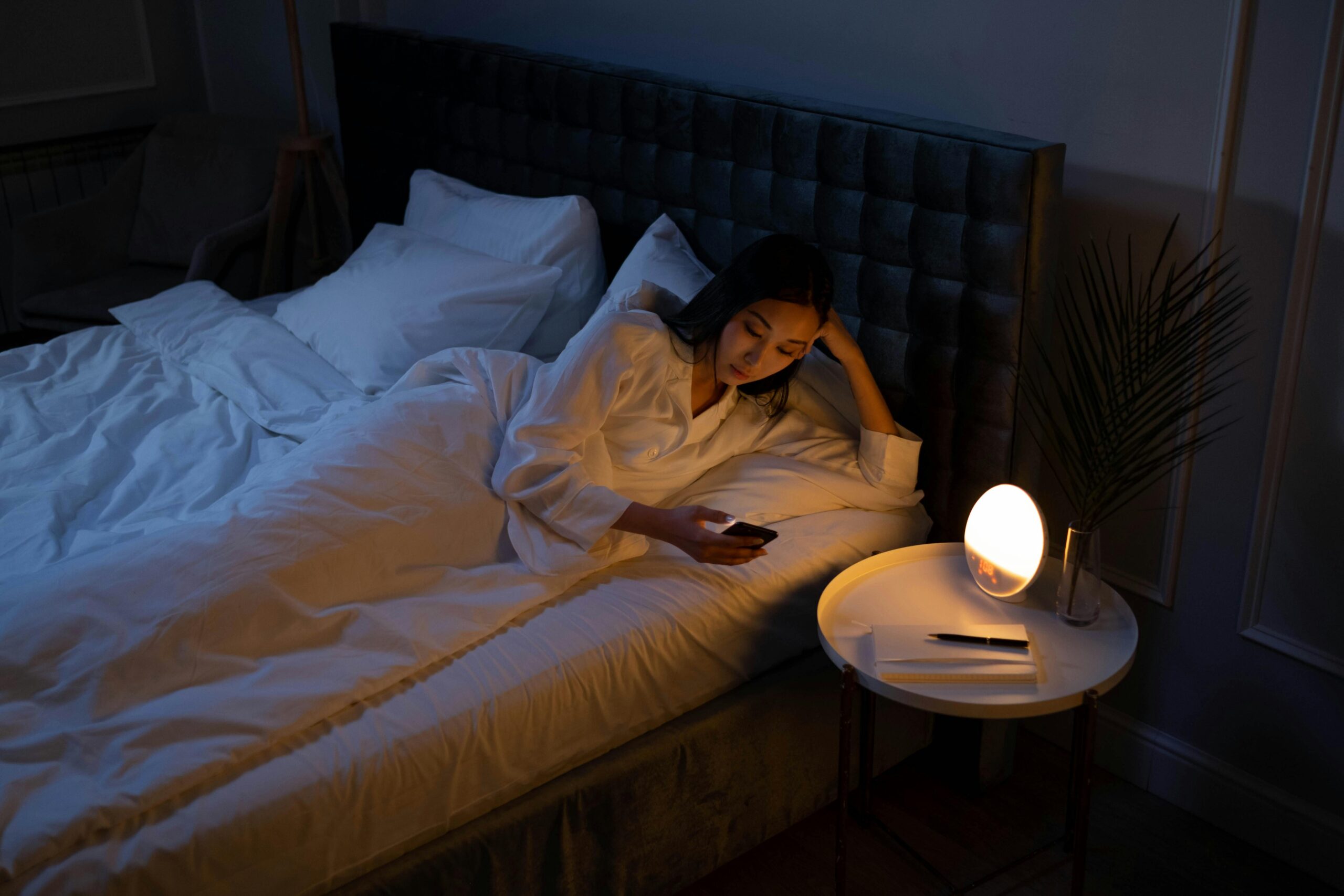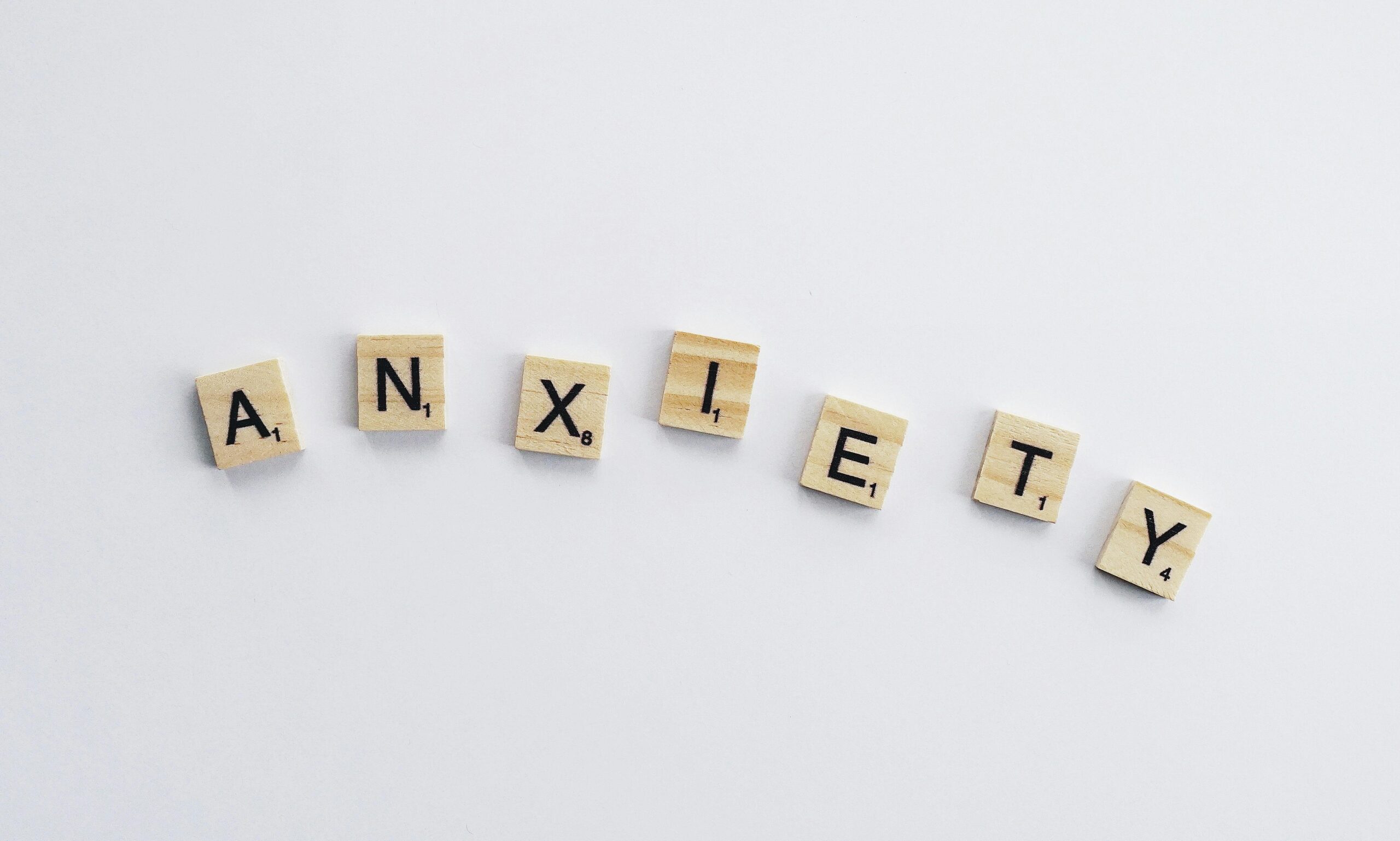Struggling to fall asleep or stay asleep through the night? You’re not alone, that’s so common these days. Insomnia affects millions of people worldwide, leading to fatigue, irritability, poor concentration, memory issues, and even long-term health issues. While some turn to medication or sleep aids, an increasingly popular and more natural approach to managing insomnia is hypnosis.
What Is Hypnosis?
Hypnosis is a state of focused attention often accompanied by deep relaxation. While in hypnosis, you are fully in control and conscious. Many people describe it as entering a deeply relaxed state where your mind becomes more open to positive suggestions.
Hypnotherapy is the use of hypnosis by trained professionals to help individuals make desired changes in thoughts, behaviors, or feelings.
How Hypnosis Helps With Insomnia
- Reduces Anxiety and Stress
One of the most common causes of insomnia is stress or anxiety. Hypnosis helps quiet the mind and reduce tension in the body, making it easier to transition into sleep. Hypnotherapy sessions often include calming imagery and soothing suggestions that promote peace and relaxation. - Reprograms Negative Sleep Patterns
Over time, insomnia can become a learned behavior. People start associating bedtime with frustration and wakefulness. They may ruminate about the inability to fall asleep or get restful sleep which fuels a vicious cycle. Hypnotherapy can help “retrain” the brain by replacing negative beliefs (“I can’t sleep”) with positive, sleep-promoting thoughts (“I fall asleep easily and wake up refreshed”). - Triggers the Body’s Relaxation Response
Hypnosis naturally activates the parasympathetic nervous system—the body’s rest-and-digest mode—which slows your heart rate, relaxes your muscles, and prepares you for sleep. This is especially helpful for people who are physically tense or experience racing thoughts at bedtime. - Improves Sleep Routine and Habits
Through hypnotherapy, individuals can develop healthier sleep hygiene practices and build routines that support restful sleep that are unique and individual for you. - Addresses Underlying Emotional Issues
For some, insomnia is linked to unresolved emotional concerns, trauma, or grief. Hypnotherapy can help you identify and work through these deeper issues in a gentle way, leading to improved mental health and better sleep.
What a Hypnosis Session for Sleep Might Look Like
A typical session with a certified hypnotherapist will begin with a conversation about your sleep habits and challenges. Then, the therapist will guide you into a relaxed state and offer personalized suggestions and imagery aimed at promoting restful sleep. A recorded hypnosis audio may also be provided to reinforce positive sleep habits at home.
Summary
If insomnia is disrupting your life, hypnosis offers a gentle and natural way to sleep peacefully and restore your energy.




Leave a Reply